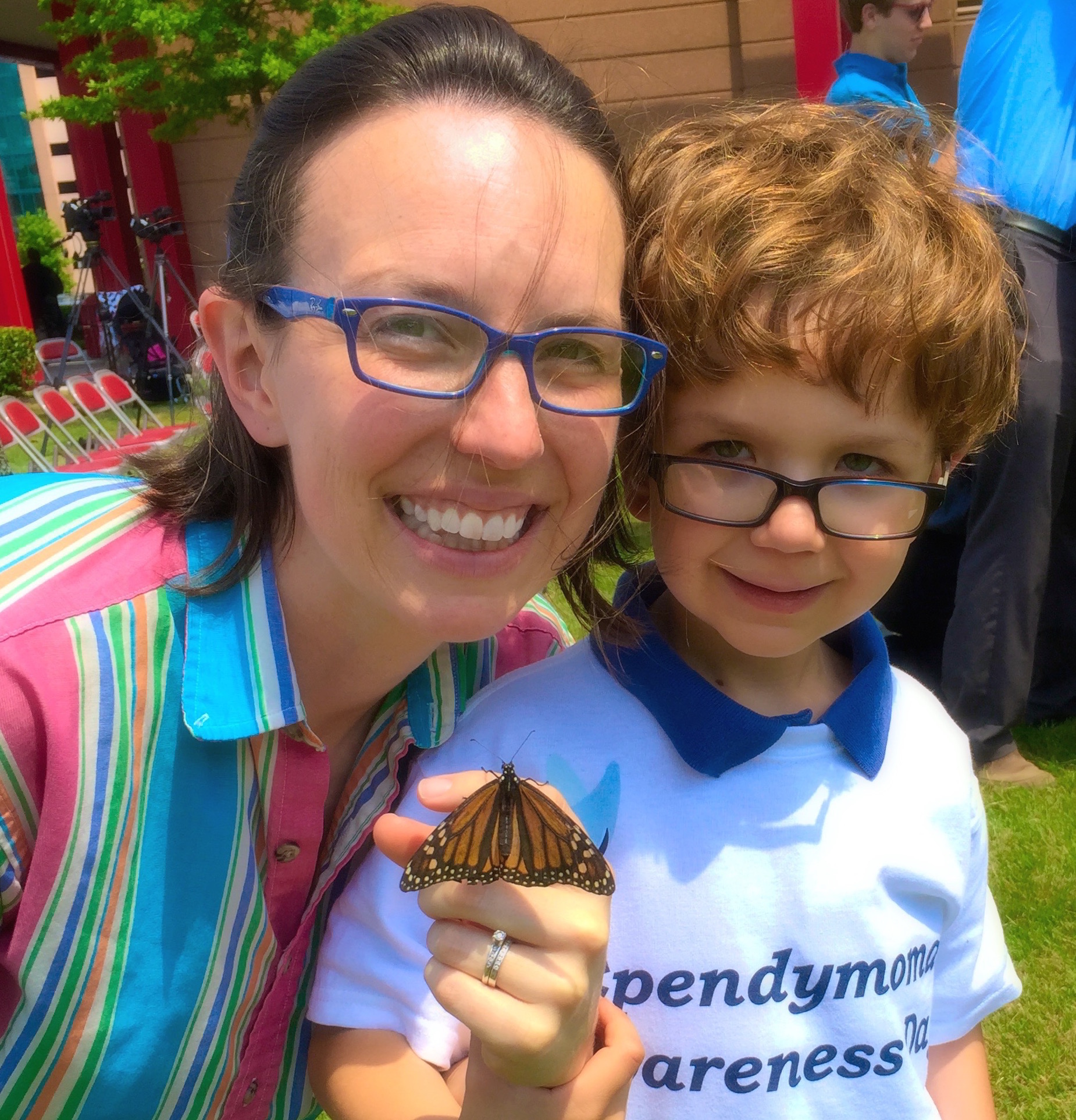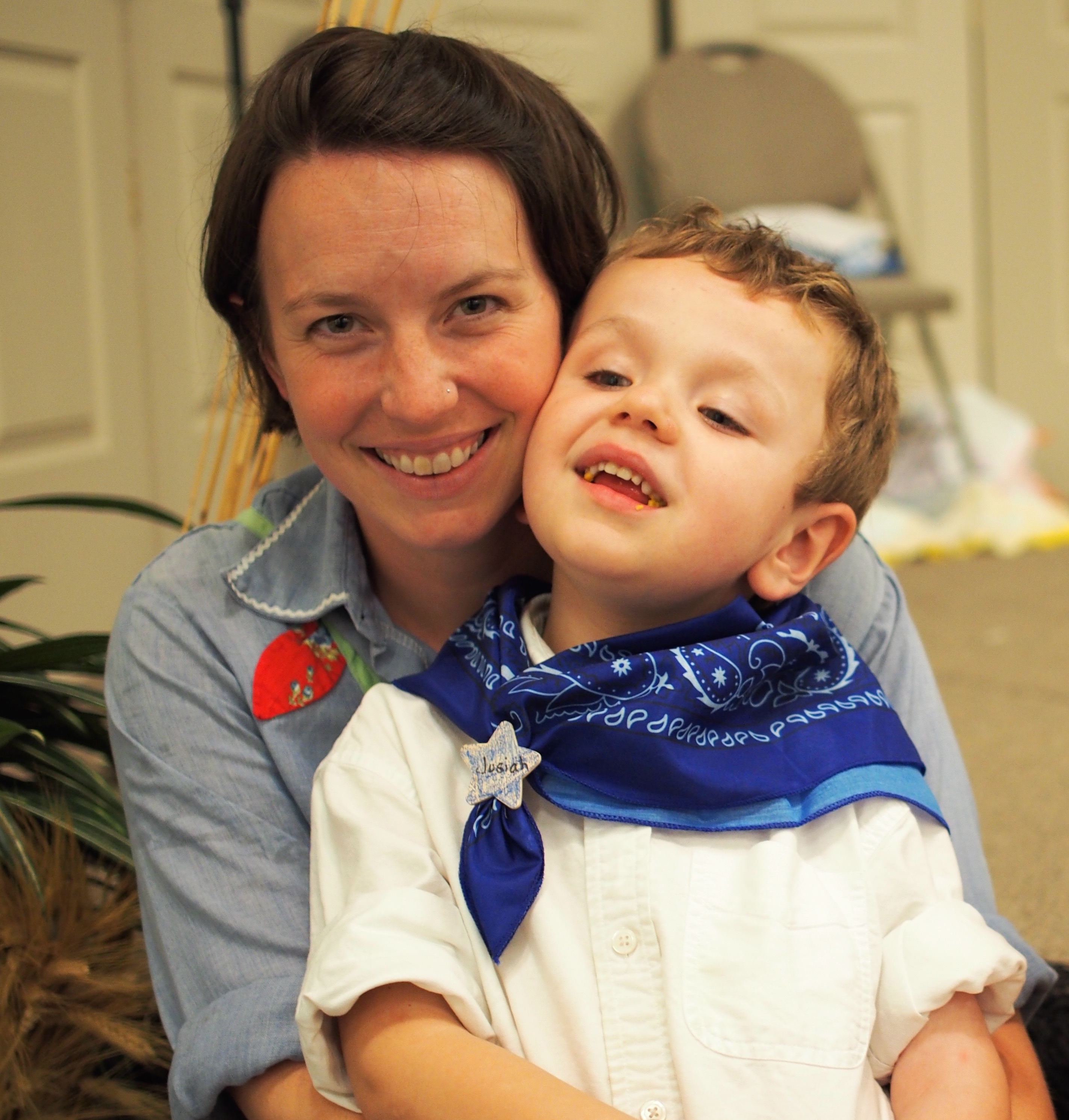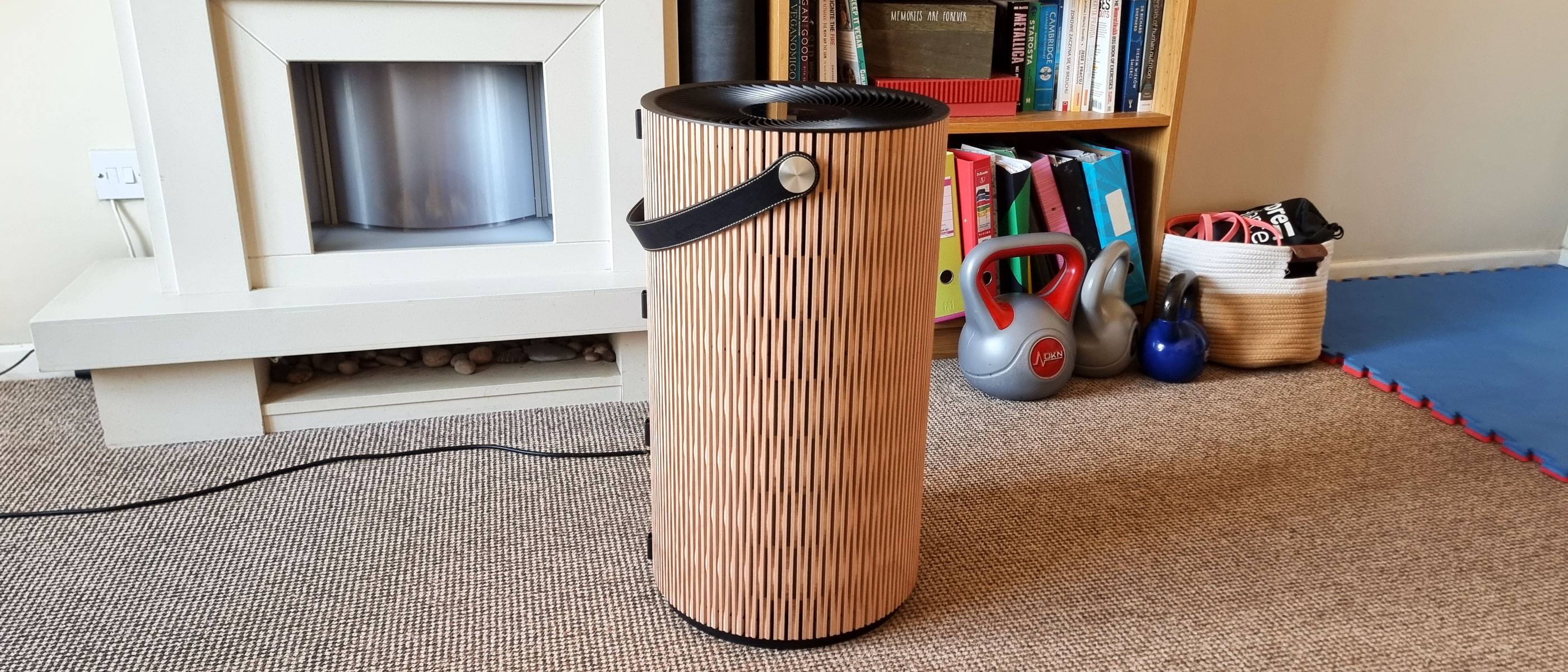Hope and Resilience: How Parents Cope with a Child's Cancer

Get the world’s most fascinating discoveries delivered straight to your inbox.
You are now subscribed
Your newsletter sign-up was successful
Want to add more newsletters?

Delivered Daily
Daily Newsletter
Sign up for the latest discoveries, groundbreaking research and fascinating breakthroughs that impact you and the wider world direct to your inbox.

Once a week
Life's Little Mysteries
Feed your curiosity with an exclusive mystery every week, solved with science and delivered direct to your inbox before it's seen anywhere else.

Once a week
How It Works
Sign up to our free science & technology newsletter for your weekly fix of fascinating articles, quick quizzes, amazing images, and more

Delivered daily
Space.com Newsletter
Breaking space news, the latest updates on rocket launches, skywatching events and more!

Once a month
Watch This Space
Sign up to our monthly entertainment newsletter to keep up with all our coverage of the latest sci-fi and space movies, tv shows, games and books.

Once a week
Night Sky This Week
Discover this week's must-see night sky events, moon phases, and stunning astrophotos. Sign up for our skywatching newsletter and explore the universe with us!
Join the club
Get full access to premium articles, exclusive features and a growing list of member rewards.
Around the time she was celebrating her first Mother's Day, in May 2009, Merri Hackett and her husband received the news no parents want to hear. They found out their 6-month-old son, Josiah, had a brain tumor.
Hackett was 23 at the time, married for more than a year to her childhood sweetheart, living in Memphis, Tennessee and trying to get the hang of being a new mother. She took her son for a regular checkup when the pediatrician noticed that Josiah's head was measuring too big for his age.
As a precautionary measure, the pediatrician recommended that Josiah get an ultrasound. That scan, taken on a Friday, revealed that tiny Josiah was experiencing a tremendous amount of pressure on his brain, and on Monday, he had brain surgery at St. Jude Children's Research Hospital in Memphis, for what doctors suspected was cancer.
After the surgery, Hackett and her husband learned their baby had a type of cancer called astrocytoma glioblastoma, and that the tumor had been located on the back right part of the child's brain. A few weeks later, Josiah needed another surgery to place a shunt in his brain, followed by several more operations over 13 months of cancer treatment, which included 16 rounds of chemotherapy, given every 21 to 28 days.
Upon first hearing that her son had cancer, Hackett's reaction was shock, she said. "There wasn't even grief or sadness. You have to process the news as a fact, for a new life," she recalled.
Indeed, a new study of parents whose children have survived cancer shows the impact that this news can have. It turns out that parents of children who are diagnosed with cancer are a very resilient group, the researchers found. [10 Scientific Tips for Raising Happy Kids]
The mothers and fathers of kids with cancer show strength when coping with and adjusting to this stressful event, and they don't even tend to have more symptoms of stress compared with parents of healthy children, the researchers said.
Get the world’s most fascinating discoveries delivered straight to your inbox.
The study also found that parents of children with cancer reported higher levels of personal growth than parents of healthy children.
For parents, a child's cancer diagnosis changes everything, Hackett said. "It changed our priorities in life. It changed our thoughts about finances, parenting and discipline," she told Live Science.
It may be that there are some elements of coping with children who have cancer that leave parents better prepared to face other stressful life events in the future, said study co-author Sean Phipps, chair of the department of psychology at St. Jude's.
"It provides opportunities for parents to manage and master handling stress, so they end up stronger as a result," Phipps told Live Science.
Coping with a child's cancer
Josiah braved more medical procedures in his first 19 months of life than some people need in a lifetime, but he was a trouper through it all, even when his cancer relapsed in 2013 and he needed another surgery to remove the new growth, Hackett said.
These days, Josiah is a 6-year-old, auburn-haired boy about to enter first grade, and a big brother to a younger sister and brother. Hackett, a preschool teacher, said her son continues to be "a happy, pretty laid-back guy, who enjoys singing in choir and loves any type of music from jazz to classical to show tunes."
She said Josiah is doing well, although he has some muscle weakness on the left side of his body as a result of his cancer, as well as some memory and learning difficulties that will need attention when he attends school this year.
"Cancer is never something a parent might expect to show up at your own door, or cradle," Hackett told Live Science.
But in the face of this unexpected news, the new study suggests that among parents, "resilience is the rule and psychological dysfunction or distress is the exception," Phipps said.
In the study, published online in May in the Journal of Pediatric Psychology, the researchers looked at 305 parents of children ages 3 to 17 who were diagnosed with cancer, and compared them with 231 parents of similarly aged children who did not have health problems.
Both groups of parents were asked to identify the most stressful or traumatic event in their lives, and they were evaluated to determine whether they had experienced post-traumatic stress disorder (PTSD) or stress-related symptoms as a result of the event. The parents also completed questionnaires to measure their psychological well-being.
The results showed that 78 percent of parents of children with cancer identified their child's diagnosis as the most stressful event in their lives. However, these parents did not report a higher level of stress-related symptoms than the other parents in the community, Phipps said.
Moreover, the parents whose children were at least five years past their cancer diagnosis reported fewer stress-related symptoms than did parents of healthy children, suggesting parents in the cancer group adjust well to difficult circumstances.
That certainly is not to say that a child's cancer diagnosis is easy to face. Parents will doubtless deal with difficulties when their child has cancer, and the early months after a diagnosis in particular are extremely stressful, Phipps said. But on the whole, the majority of parents who have faced this challenging experience are doing well, and have support systems in place, Phipps said.
Resilient parents, life lessons
The challenges of a child's cancer are particularly great for parents whose children are very young, because with a child who is not yet speaking, these parents have the additional responsibilities of interpreting their child's moods and expressions for doctors and nurses.
Hackett, who did not take part in the new study, said she had to be hyper-alert about her son's health to tune into his symptoms and recognize his needs. For example, she needed to recognize whether he was in pain or unhappy, or whether a downward cast of his eyes meant he was feeling pressure inside his head.
"Being your child's number one advocate can be very draining, but it is an honor," Hackett said. "And seeing small positive changes feels like a huge victory," she added.
To get through the grind of recurring surgeries and cancer treatment, Hackett said she had support from family, friends and a church group, who all pitched in by doing laundry, cleaning the house, bringing the couple fresh clothes after days of sleepless nights at the hospital, and praying for Josiah's recovery.
"Other parents of cancer patients were a lifeline for us," Hackett said. She formed a close bond with several mothers who also had young sons going through treatment at St. Jude's, a bond that remains until this day. [7 Side Effects of Cancer, and How to Cope with Them]
Being able to talk openly with these women provided an emotional release for Hackett. "It was helpful to say out loud the things you might be afraid to say outside of the cancer world, such as your fears or a recurring nightmare," she said.
Having a child with cancer has changed Hackett as a parent, and her perspective on life, she said. "I have more grace and patience for Josiah and his brother and sister," Hackett said.
"It's also easier for me to live in the moment," she said, adding that this is because parents of chronically ill children are not always guaranteed that they will have another week with their child. Hackett is 29 now, but said she feels older and wiser than her years.
The life lessons learned during these stress-filled times have carried over into her marriage and family life. "I've learned not to stress out about everyday things and also how to prioritize," Hackett said.
"When faced with life and death of a little person you've just met, things pale in comparison," Hackett explained. She's also learned a lot about having hope, a word that has taken on new meaning for her.
"Hope means much more than just my child or just my family, " Hackett said. Hope means that as a result of all Josiah has been through, medical advances in cancer treatment might continue to help him and other kids facing the same diagnosis, she said.
"Hope doesn't stop with one life. It just keeps going," Hackett said.
Follow Live Science @livescience, Facebook & Google+. Originally published on Live Science.
Cari Nierenberg has been writing about health and wellness topics for online news outlets and print publications for more than two decades. Her work has been published by Live Science, The Washington Post, WebMD, Scientific American, among others. She has a Bachelor of Science degree in nutrition from Cornell University and a Master of Science degree in Nutrition and Communication from Boston University.
 Live Science Plus
Live Science Plus











